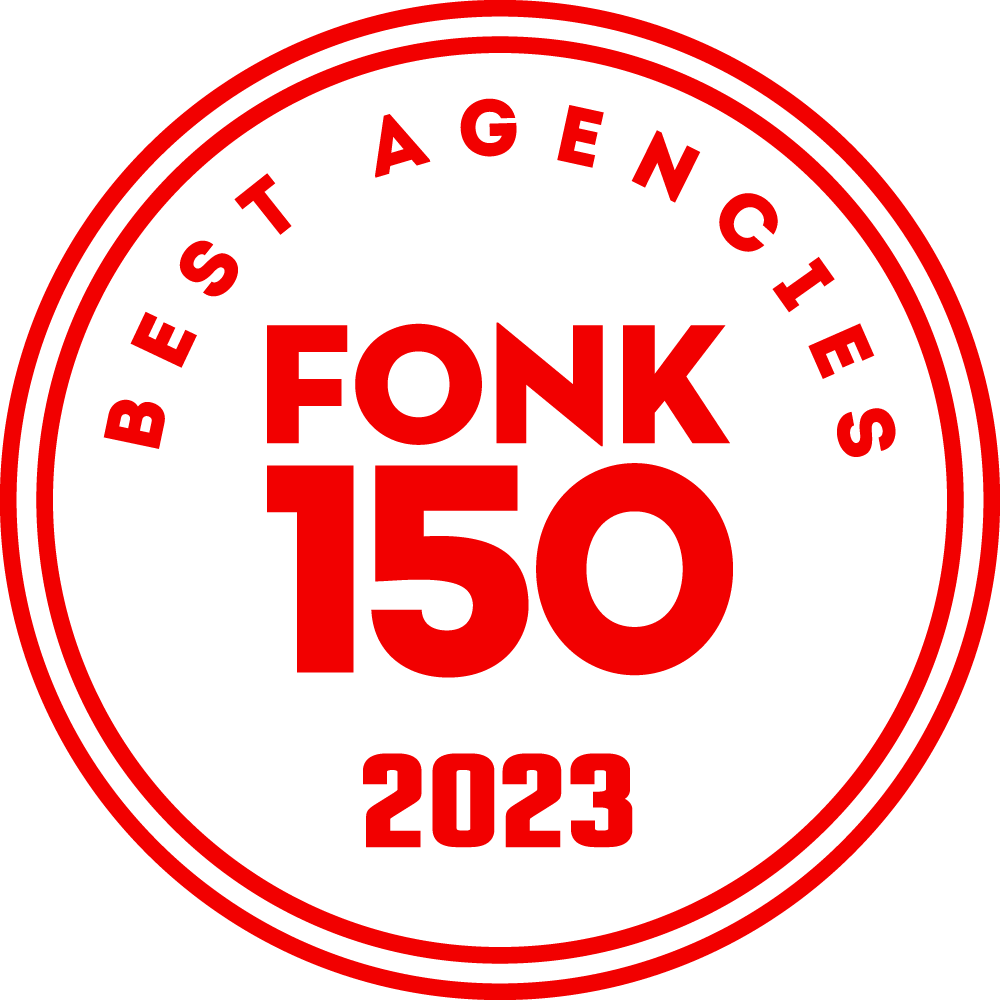App management: what do you need to know?
There are many different types of apps and there are multiple platforms these apps can run on. Apps can be developed for internal communication, or can serve as a means of communication with the outside world. The type of app affects the way of app management. We will explain the different types of apps in this article.


Enter the conversation with Koen!
Type of app
To find out where your app will be managed, you need to establish what type of app you are having developed. We distinguish the following four types of apps.
Native apps
Native apps are applications developed for a specific platform. Examples of platforms are Android or iOS. An app created for Android will therefore have to be made separately for iOS as well. This will increase costs. However, the advantage of a native app is that the User Experience will be better. The app is also installed on the user's device, making it (partly) usable offline.
Web apps
Web apps are mobile versions of a website. The principle is very simple, which saves costs. There is no need to download the web application, which does mean that it always requires an internet connection. Also, in terms of functionalities, you are limited to what the browser allows.
Hybrid apps
A combination between a native and a web app is the hybrid app. It is installed on the user's device, just like a native app. However, the content is retrieved from the mobile website. Generally, hybrid apps have a slightly less attractive design than native apps.
Cross-platform apps
A cross-platform app involves programming in a single language, which is then converted to different platforms using a tool. The advantage of this is obviously that less time is spent on development. The disadvantages are that the internet is always needed to use the app and the technical possibilities are limited to functions that work the same on all platforms.
Enterprise apps
Enterprise apps are applications that are published outside the App Store or Google Play Store. With Apple, this is a bit trickier than with Android. Enterprise apps are used within an organisation, such as the platform we use for KLM built. By setting up a scalable app distribution platform with Docker 35,000 employees can download an update to the KLM news app simultaneously, without overloading services. With the push of a button, updates can be scaled down or down, saving costs. We host the app for Android on our servers, ensuring security and accessibility.

Mobile Device Management
Mobile Device Management allows you to install, manage and secure your mobile environment from one central point. As a result, you keep more control over the security of your business data. For example, MDM can be very useful when a mobile phone is stolen. The data on this phone can then be remotely locked.
Want to know more about app management, or getting software developed? Send us an message and we would be happy to discuss the possibilities for your business.

